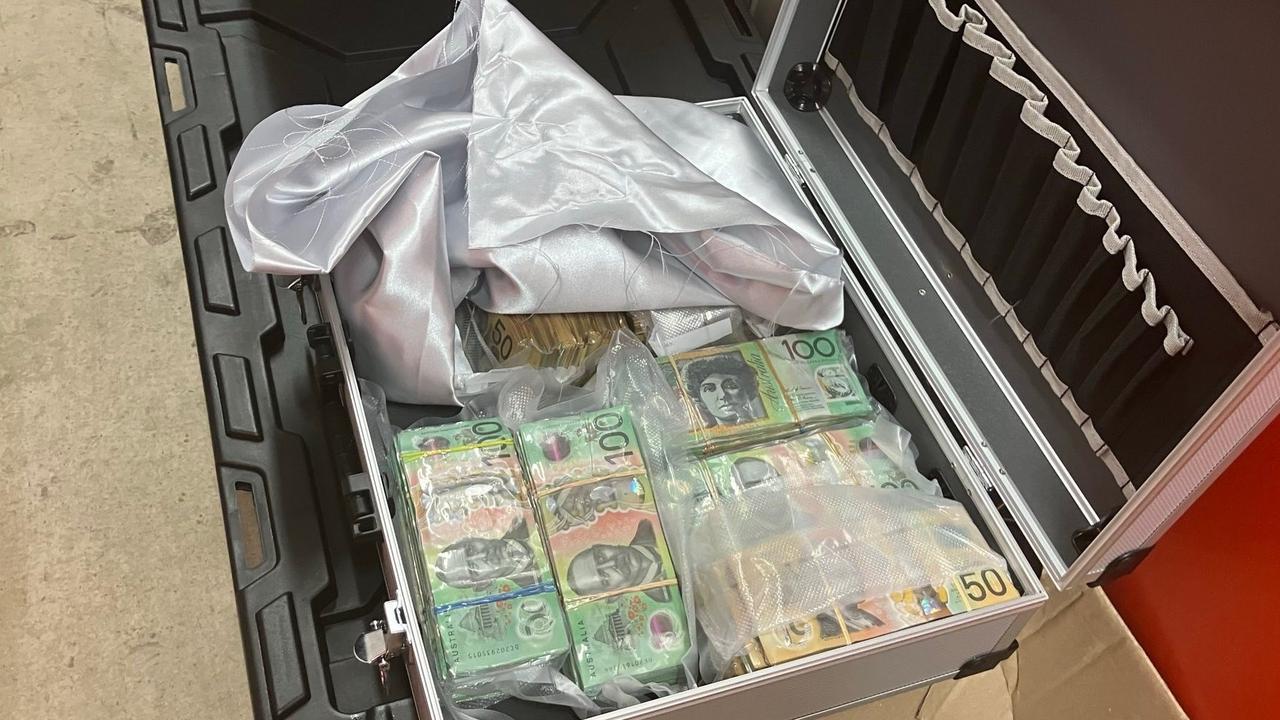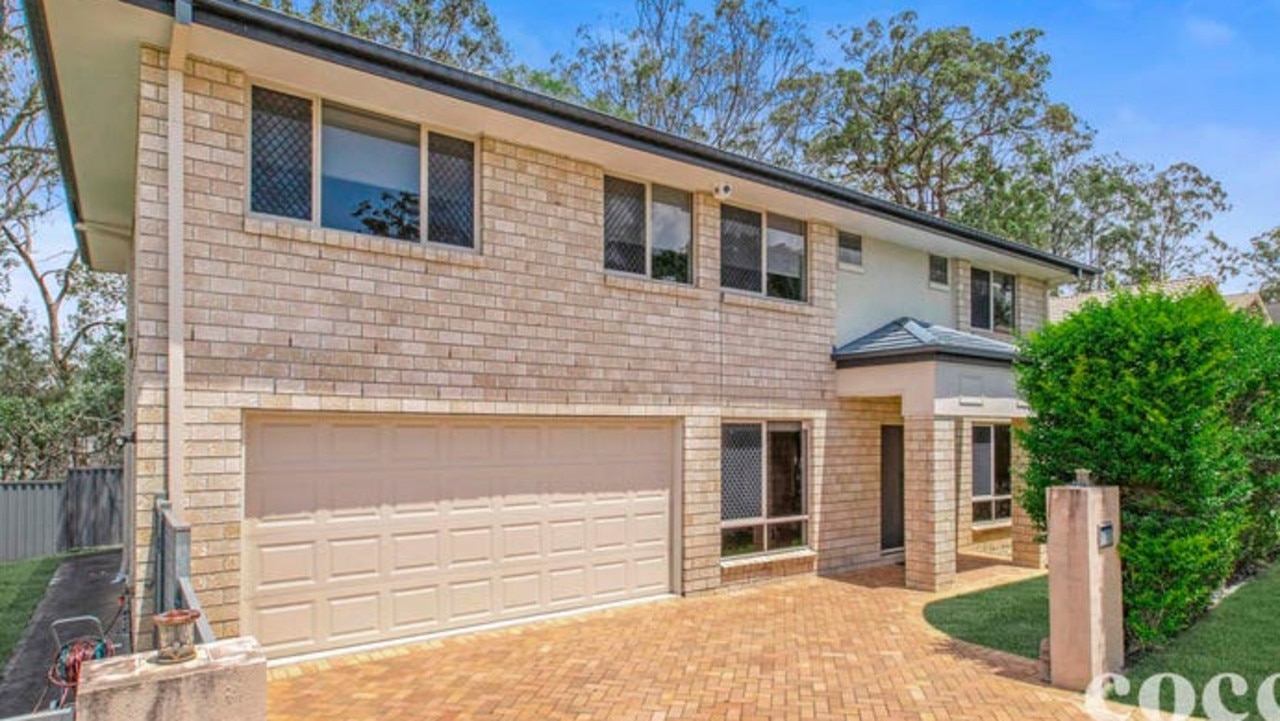Cost of living crisis: Qlders on brink of financial collapse
One in four Queenslanders are on the edge of financial collapse and a third worry about making mortgage or rent payments as the unrelenting cost of living crisis bears down on the state.
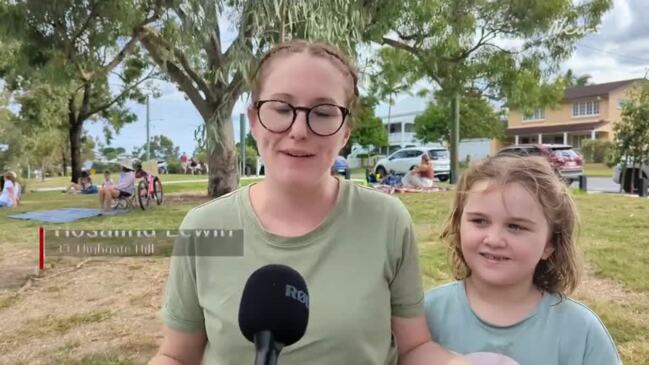
QLD News
Don't miss out on the headlines from QLD News. Followed categories will be added to My News.
One in four Queenslanders are on the edge of financial collapse and a third worry about making mortgage or rent payments as the unrelenting cost of living crisis bears down on the state.
New polling by YouGov for the Courier-Mail shows an overwhelming 80 per cent of Queenslanders are resorting to stringent cost-cutting measures, with more than half admitting to reducing their grocery spending as a means of financial survival.
Young people have been hit hardest, with an alarming 22 per cent of respondents aged 18 to 34 revealing they were close to financial breaking point and another 10 per cent admitting they were already there.
Premier Steven Miles in March declared the state budget would include the “biggest cost of living” relief package to date, touting another $550 electricity bill rebate.
It would come after an $8bn concession spend in the 2023-24 budget.
“This year’s budget will be even bigger,” Mr Miles said ahead of The Courier-Mail’s leaders’ debate last month.

“We’ll be using our progressive coal royalties to fund even more cost-of-living relief for Queenslanders because the money made on coal exports should come back to Queenslanders, not line the pockets of mining fat cats.”
Treasurer Cameron Dick reaffirmed the pledge during the April parliament sitting week, acknowledging the substantial cost of living relief measures would be delivered alongside a significant forecast debt rise.
Despite this, he said he was willing to go “into a deficit to keep Queensland families and households in surplus”.
Polling revealed that financial strain faced by Queenslanders transcended geographical boundaries, affecting both metropolitan areas and regional communities alike.
To manage financial burdens, many have been compelled to make distressing choices, including cutting back on essential items and health insurance.
A worrying 54 per cent of the 1092 residents polled said they had cut down their food shopping, including a staggering 60 per cent of regional Queensland residents.
Two thirds of Queenslanders had stopped eating out and buying takeaways, while a quarter have been forced to reduce or go without health insurance.
The ratio of people who classed themselves as coping or financially OK without money to spare also decreased since polling was last undertaken in October.
The dire situation many Queensland families are facing was highlighted by a report released by the St Vincent de Paul Society earlier this year which showed a staggering 11.3 per cent surge in the number of people seeking charity support services.
Another report from the Queensland Council of Social Service revealed families were being pushed deeper into debt, spending$200 more than they earn each week on essential expenses.
Spiralling costs of petrol, gas, electricity, and groceries, coupled with record-high rents and property prices meant families were averaging over $10,000 in annual debt.
Compounding the crisis is the pervasive fear of housing insecurity, with nearly 40 per cent, or one in three Queenslanders expressing apprehension about meeting rental or mortgage payments.
This anxiety was especially pronounced among young adults, who made up half of the 40 per cent, with one in three residents aged below 35 also actively searching for cheaper housing.
Voters have lost confidence in Mr Miles’ ability to handle both the cost of living and housing crisis, with the majority of those polled saying they would prefer the LNPs approach to the pressing issues.
Preference for Mr Crisafulli’s handling of cost of living and housing was particularly prevalent in South East and regional Queensland, where he gained support from more than 40 per cent of residents compared to Miles’ 20 per cent.
The upcoming budget is expected to also include support towards Queenslanders affording a deposit for a home, the Premier assuring it was “an absolute focus”.
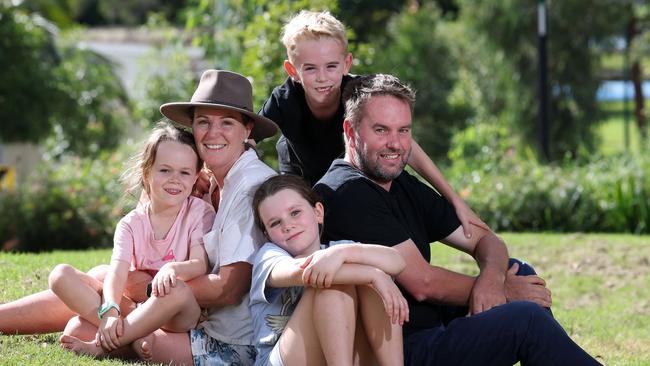
Jess and Luke Crawford moved to the Sunshine Coast from Sydney with their three kids and dog five years ago hoping to escape escalating prices there.
“Where we wanted to be in Sydney was like the most expensive place so we moved here,” Mrs Crawford said. “We’re relatively OK now, but it’s obviously something we still look at, you know when you get a $1000 electricity bill for one quarter and you’re paying $500 a week in food it’s just so much money.”
While not struggling to fulfil their basic needs, increasing costs have meant the couple has all but given up on their property dreams for the future.
“You can’t really save,” Mrs Crawford said. “We’d love to buy our own house but we’re paying more than we’d pay in a mortgage on rent.
“Owning in the area where we want to live, where we want to build a foundation for the kids, it’s tough. We just don’t know if it will ever happen.”
The family have addressed their financial woes as best they can, adding smart meters to track electrical use and sacrificing their backyard pool.
“We’ve turned the pool off, it has gone green,” Mrs Crawford said.
“We’re teaching the kids too, like ‘make sure you’re turning all the lights out’,” Mr Crawford said. “I think it’s just being more conscious of that additional spend – scrutinising before you check out.”
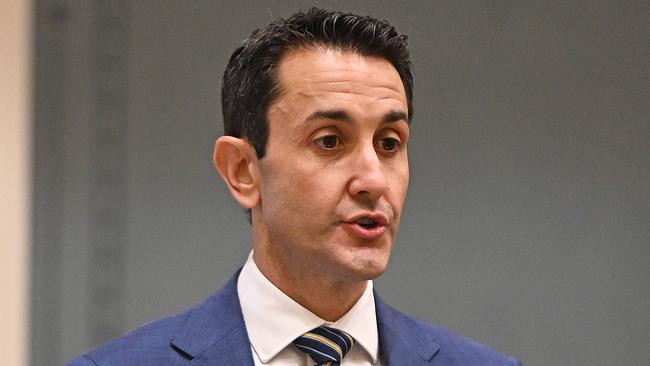
Opposition Leader David Crisafulli has criticised the government’s track record on social housing, citing a significant backlog in demand and promised to deliver new homes “on time and on budget” if he is elected in October.
“The social housing waiting list now runs in the tens of thousands, and there are many Queenslanders who in fact would qualify for that because of how much stress they’re under and what percentage of their income they’re spending on housing,” he said.
Mr Crisafulli said the LNP was also focused on cost of living relief, promising the $550 rebate would remain if his party was victorious in October.
However he is yet to announce exactly what the LNPs cost of living relief package would look like.
“But the difference between what I’m offering and what the premier is offering is I’m offering real change and a big picture vision to do something about the underlying costs that’s dragging people down,” Mr Crisafulli said.
“The reason why a subsidy on electricity is there and the reason why it must remain there is because Queensland’s had a bigger rise in power prices than anywhere else – three times the national average.
“I want to give Queenslanders confidence that those programs are there, but they also need confidence that there’s a plan for the future.”
Originally published as Cost of living crisis: Qlders on brink of financial collapse

